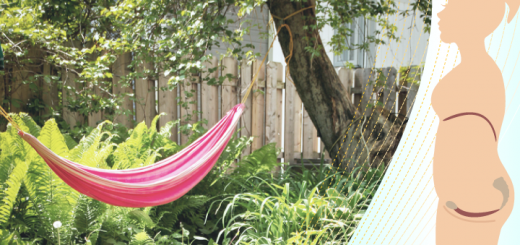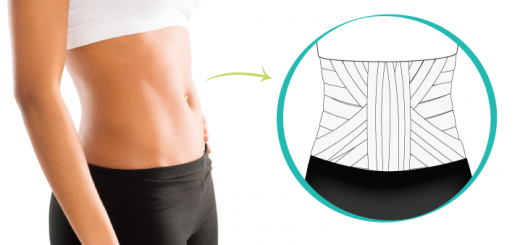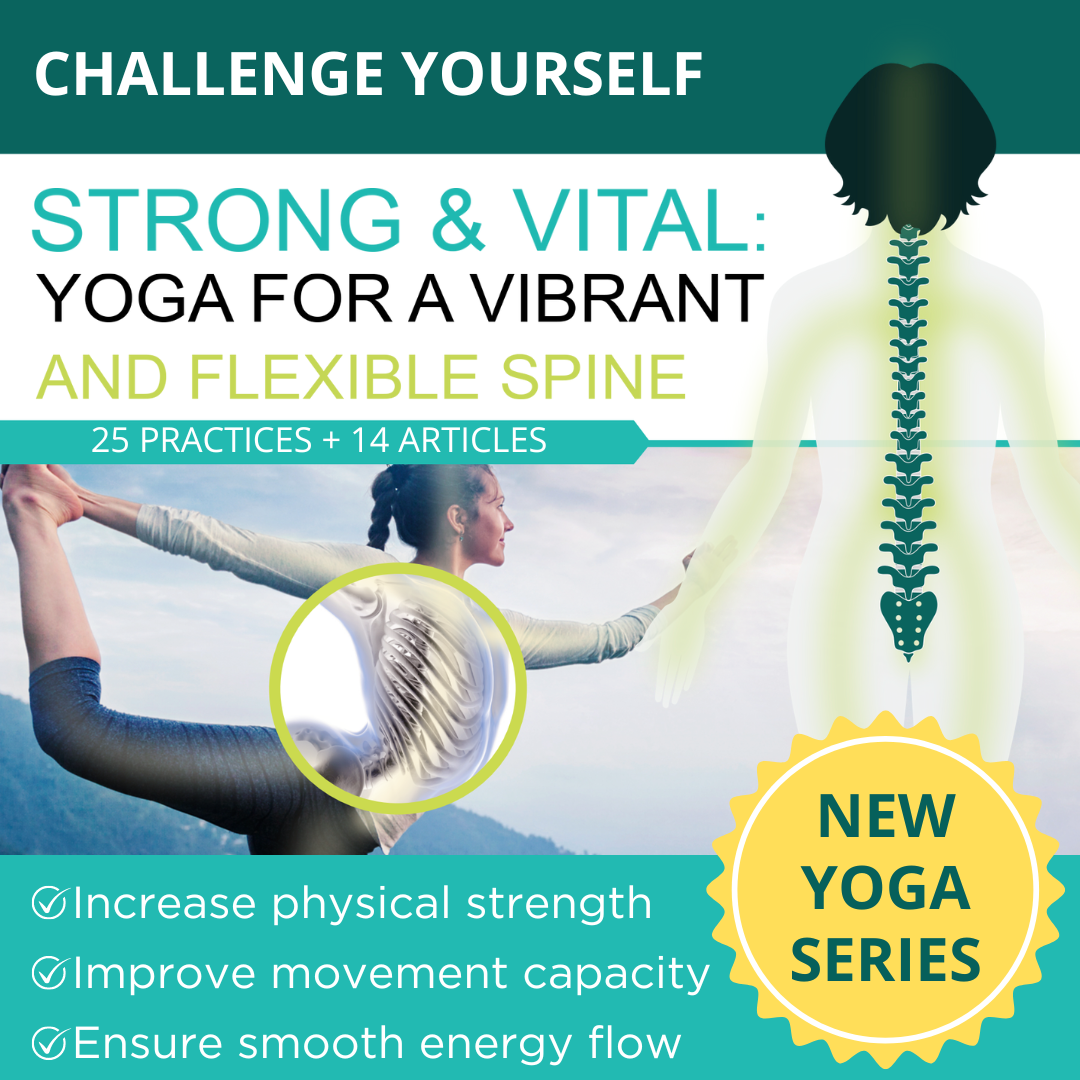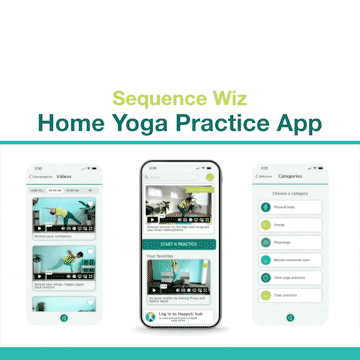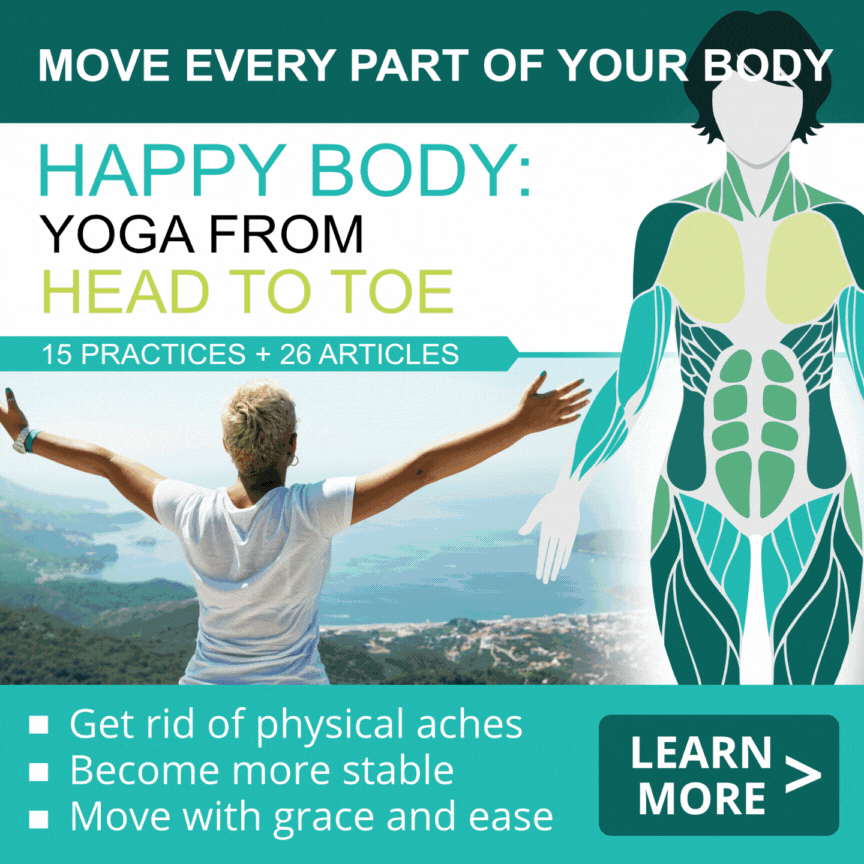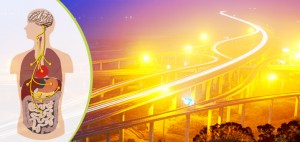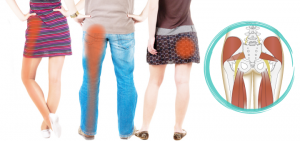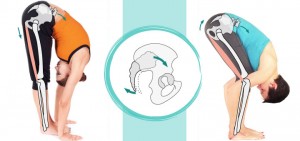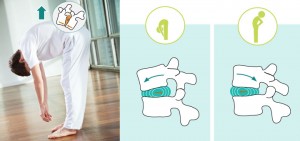Sleep for heart health: even one hour makes a difference
0Did you know that each year heart attacks spike on Mondays following Daylight Savings time? For example, a study conducted in the state of Michigan demonstrated that “the Monday following spring time changes was associated with a 24% increase in daily AMI (acute myocardial infarction) counts, and the Tuesday following fall changes was conversely associated with a 21% reduction. No other weekdays in the weeks following DST changes demonstrated significant associations.”(1) In spring you lose one hour of sleep and in the fall you gain one hour, and just one hour of sleep loss or sleep gain seems to have a profound effect on the heart.
Matthew Walker, PhD, Director of UC Berkeley’s Sleep and Neuroimaging Lab, writes that the main reason this happens is because lack of sleep is linked to the activity of sympathetic nervous system – “every experiment that had investigated the impact of deficient sleep on the human body has observed an overactive sympathetic nervous system.” (2)
Sympathetic nervous system (SNS) gets activated whenever you need to mobilize your resources and deal with physical and mental challenges. This is called sympathetic activation or fight-or-flight mode. This is like pressing a gas pedal in your car. When you need to slow down, you “put your foot on the break” shifting into rest-and-digest mode, the responsibility of the parasympathetic nervous system. As you drive your vehicle of a body throughout the day your foot is always either pressing on the gas pedal or applying the break. The problems arise when you get stuck in “drive mode” for too long. “Like a car engine that is revved to a shrieking extreme for sustained periods of time, your sympathetic nervous system is floored into perpetual overdrive by a lack of sleep.[…] Through this central pathway of an overactive sympathetic nervous system, sleep deprivation triggers a domino effect that will spread like a wave of health damage throughout your body.”(2)
Overactive SNS has a profound effect on your cardiovascular system in a number of ways:
– A sleep-deprived heart beats faster which leads to increased blood pressure.
– The levels of cortisol (a stress hormone) increase, which triggers the constriction of blood vessels and leads to even greater increase in blood pressure.
– The growth hormone that surges at night and rebuilds the lining of blood vessels is shut off, which means that repair of fractured vessels stops.
This cascading effect can lead to vessels rapturing, which can manifest as a heart attack or a stroke. As a result, “adults forty-five years or older who sleep fewer than six hours a night are 200 percent more likely to have a heart attack or stroke during their lifetime, as compared with those sleeping seven to eight hours a night.” (1)
In contrast, during deep sleep the brain communicates a calming signal to SNS, which prevents the escalation of physiological stress. “Think of your deep NREM sleep as a natural form of nighttime blood-pressure management—one that averts hypertension and stroke.” (2)
This means that whenever you have a student who has elevated blood pressure or any other heart-related risk factors, you need to investigate and understand her sleep patterns and design a yoga practice that would help improve them. And since the overacting SNS is a major factor in cardiovascular wear-and-tear (and many other physiological issues), langhana yogic techniques that aim to reduce sympathetic activation will be most useful.
Next week we will take a look at how lack of sleep makes you susceptible to cold and other infections – tune in!
[jetpack_subscription_form]References
- Daylight savings time and myocardial infarction by Amneet Sandhu, Milan Seth and Hitinder S Gurm
- Why do we sleep: Unlocking the Power of Sleep and Dreams by Matthew Walker


